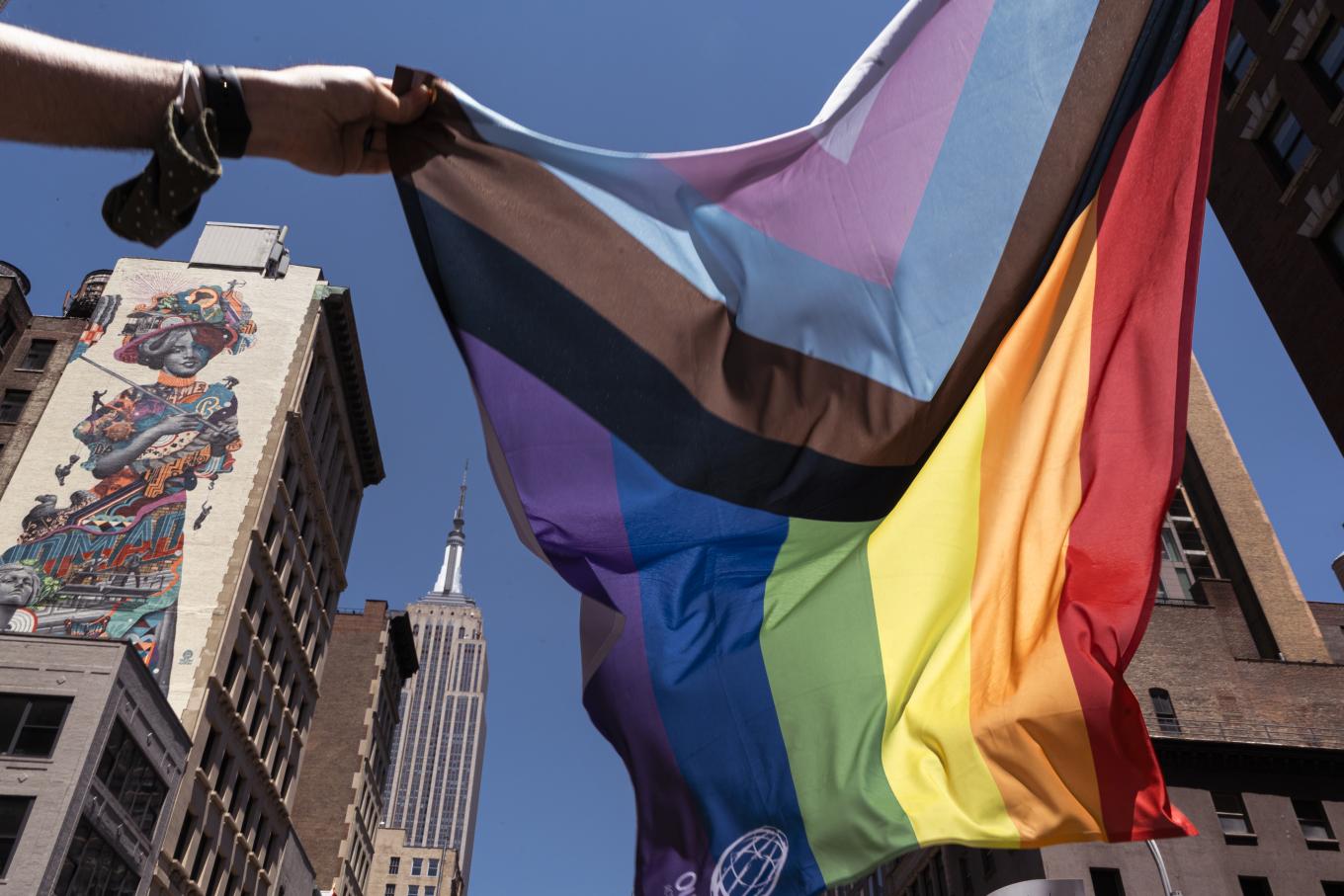
Country Overview
Croatia
At a glance
View more for this country:
The 2008 Anti-Discrimination Law prohibits discrimination on the grounds of sexual orientation, gender identity, and gender expression in access to public and private services or to access to establishments serving the public. The Office of the Ombudperson for Gender Equality accepts and reviews citizen complaints of discrimination, and the Office for Gender Equality monitors, reports, and makes recommendations regarding human rights policies.
The Criminal Code was amended in 2006 to include provisions that criminalize violence and hate speech based on sexual orientation, and new provisions of the penal code, adopted in 2012, punish crimes based on gender identity.
Although marriage is defined solely as a union between a man and a woman, the Law on Life Partnerships of Persons of the Same Sex, adopted in 2014, established civil unions for same-sex couples. Civil unions provide all legal and economic benefits of marriage except for the right to adopt children. However, a subsequent decision of the High Administrative Court in 2022 held that same-sex couples can jointly adopt. Croatia does not require medical procedures, such as sterilization, surgical interventions, or hormonal treatment, as preconditions for legal gender recognition. However, it requires a mental disorder diagnosis, an assessment of time lived in the new gender identity, and a single civil status, forcing those who are married to get divorced. Intersex children are subjected to intersex genital mutilation, often without the informed consent of either the children themselves or their parents. Public attitudes remain sharply divided, and the country has seen an increase in anti-LGBTIQ hate speech in recent years. Croatia ranks 63rd out of 175 countries on the Global Acceptance Index.
*Outright research indicates that the bodily autonomy of intersex people is not respected and protected in this country.
Global Impact
Sub-Saharan Africa
Outright supports LGBTIQ organizations in Sub-Saharan Africa and works with mainstream human rights organizations to respect human rights and influence positive changes in laws, policies, attitudes and beliefs that cause discrimination against LGBTIQ people.
United Nations
Our work at the United Nations centers around advocating for the advancement of the rights of LGBTIQ people.
View this regionAsia
Our work in Asia promotes acceptance of sexual and gender diversity at all levels of society.
View this regionSouthwest Asia and North Africa
In the Southwest Asia and North Africa, we partner with local groups in various countries as part of our international solidarity work. We also work with our local partners on different topics through capacity building, advocacy, research and holistic security.
Europe and Central Asia
Outright International partners with activists to fight for an end to human rights violations based on sexual orientation, gender identity and gender expression in Europe and Central Asia, where most of our work involves emergency responses to harassment, discrimination, violence, and most recently, Russia’s brutal and expanded invasion of Ukraine.
Americas
Our work in the Americas continues to build on the fundamental and positive transformation of human rights protections in recent years. We partner with groups in the Caribbean that focus on ending gender-based violence and eradicating discrimination against trans people.
Pacific
Our work in the Pacific aims to increase the visibility of activists, respond to human rights emergencies, and actively bridge local, regional, and international activism to achieve equality and justice.
Global
View this region
Human Rights Research
Since 1990, we have partnered with activists from all over the world to produce hundreds of groundbreaking reports.
Read Our Reports